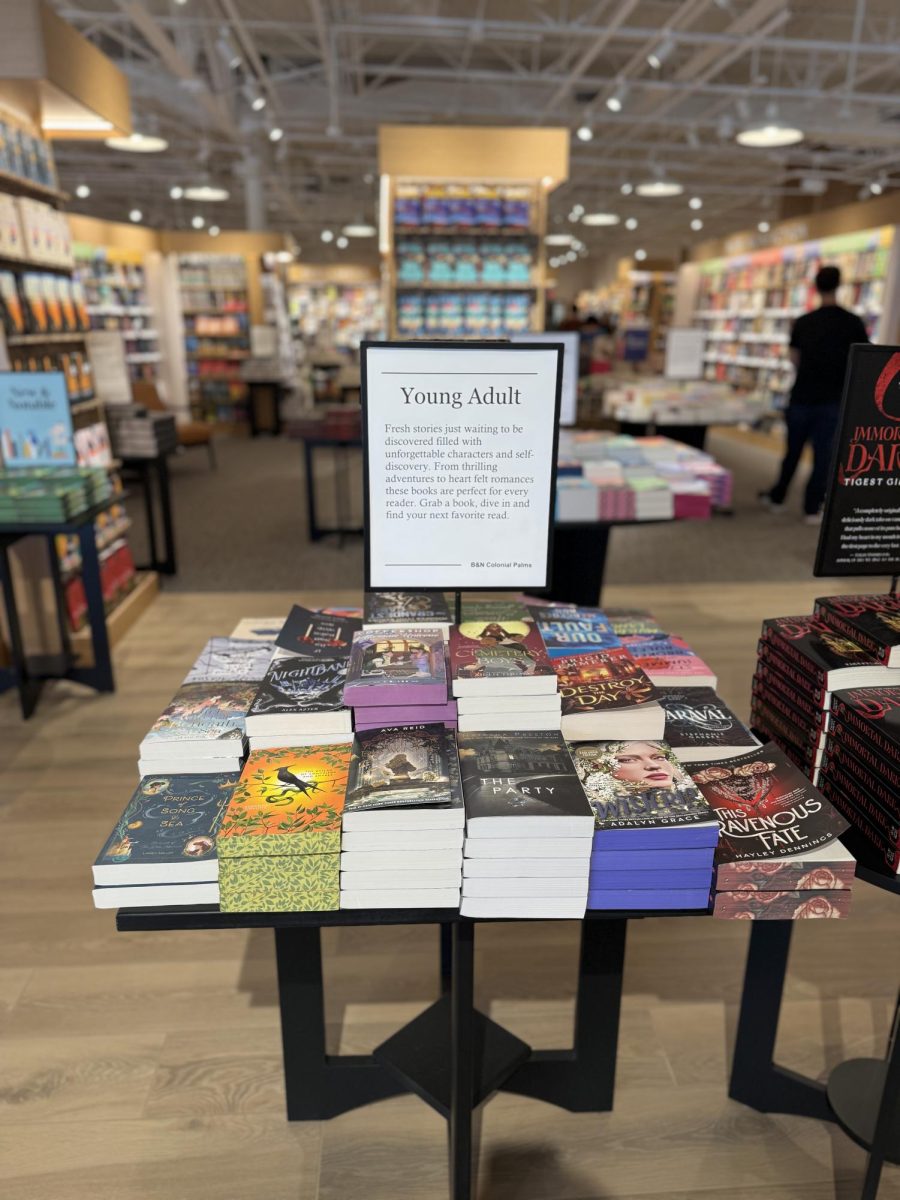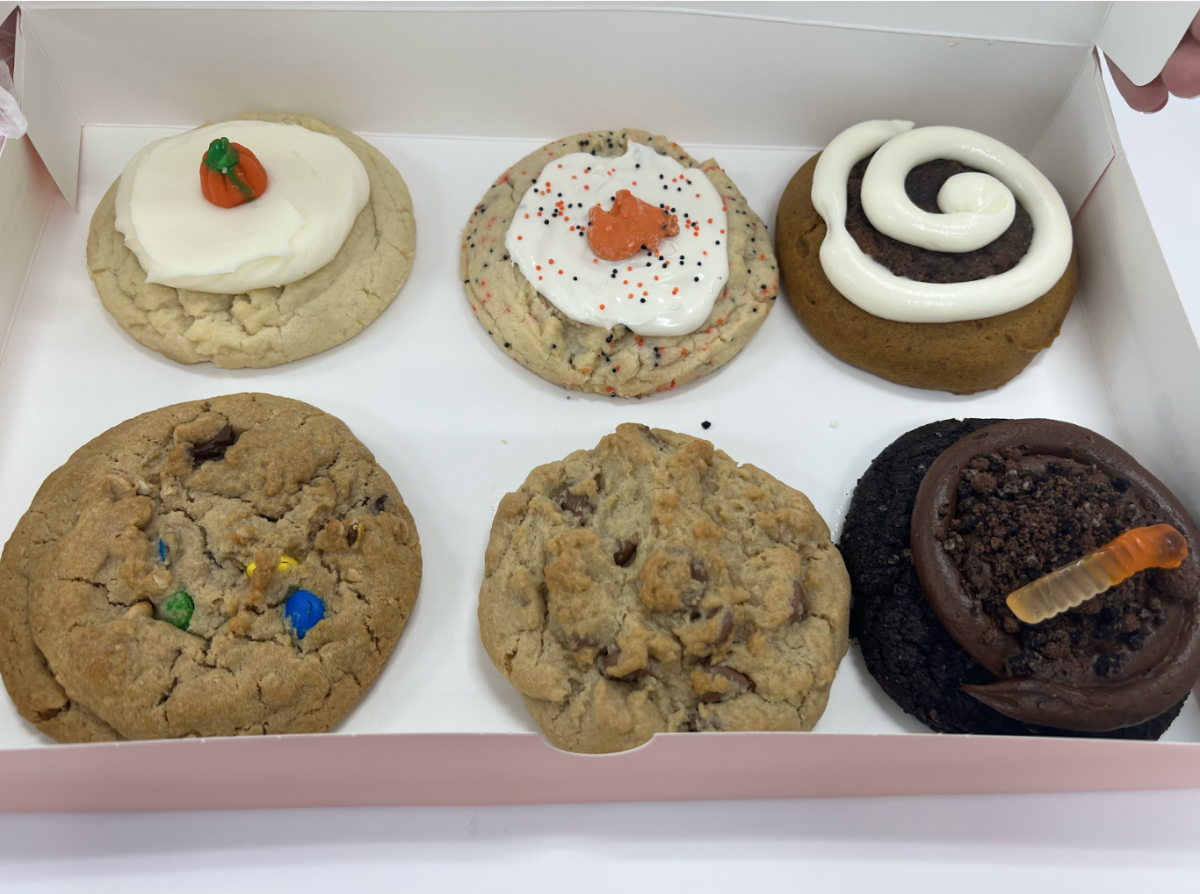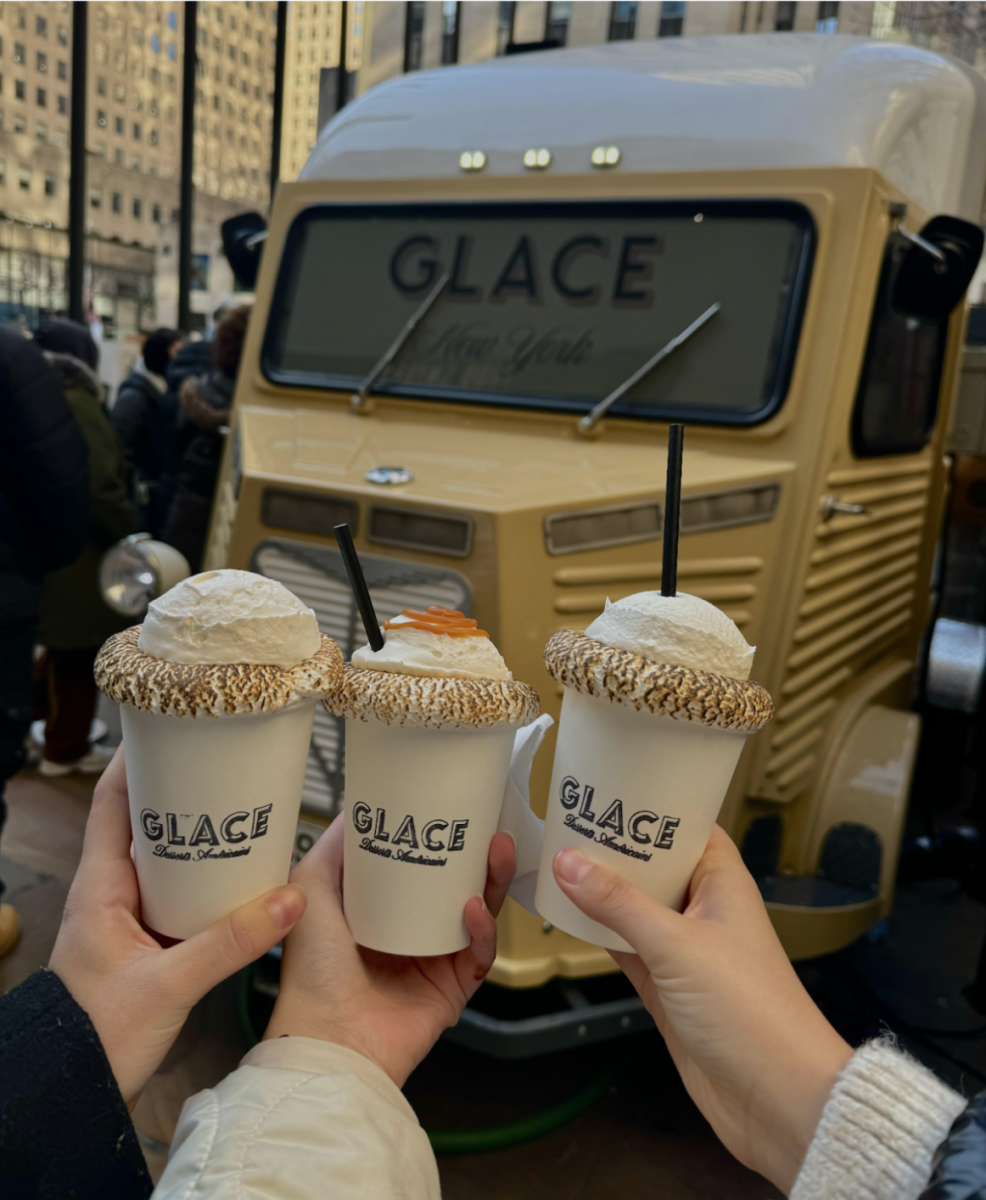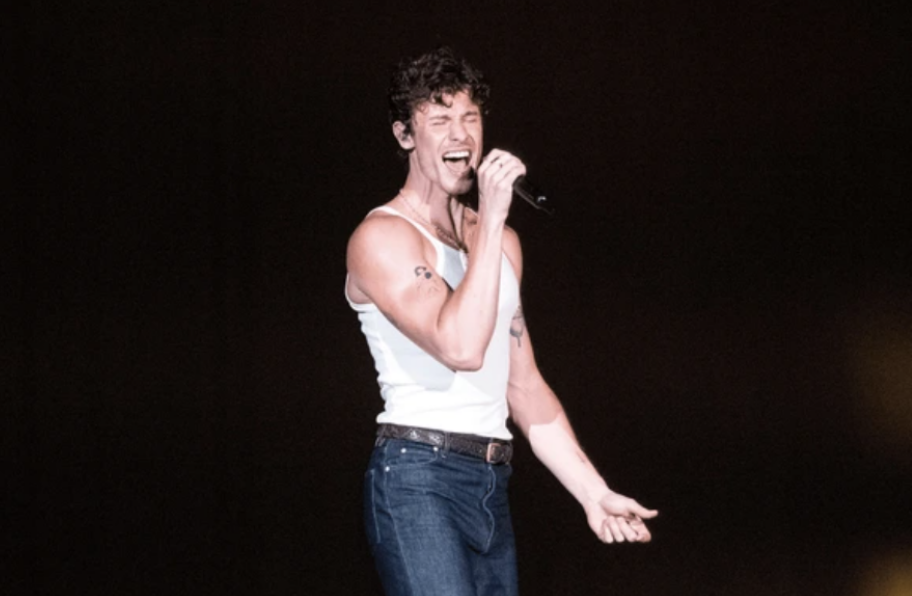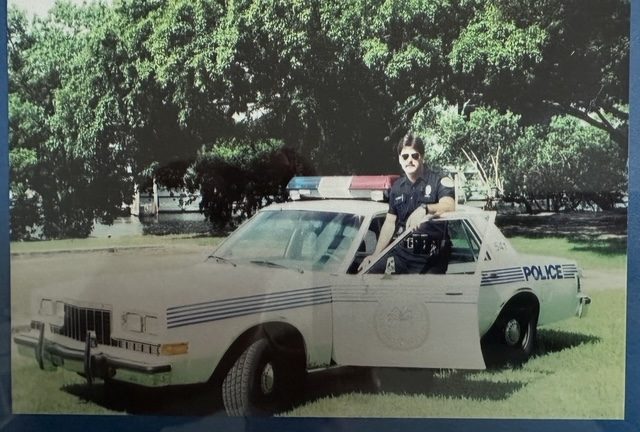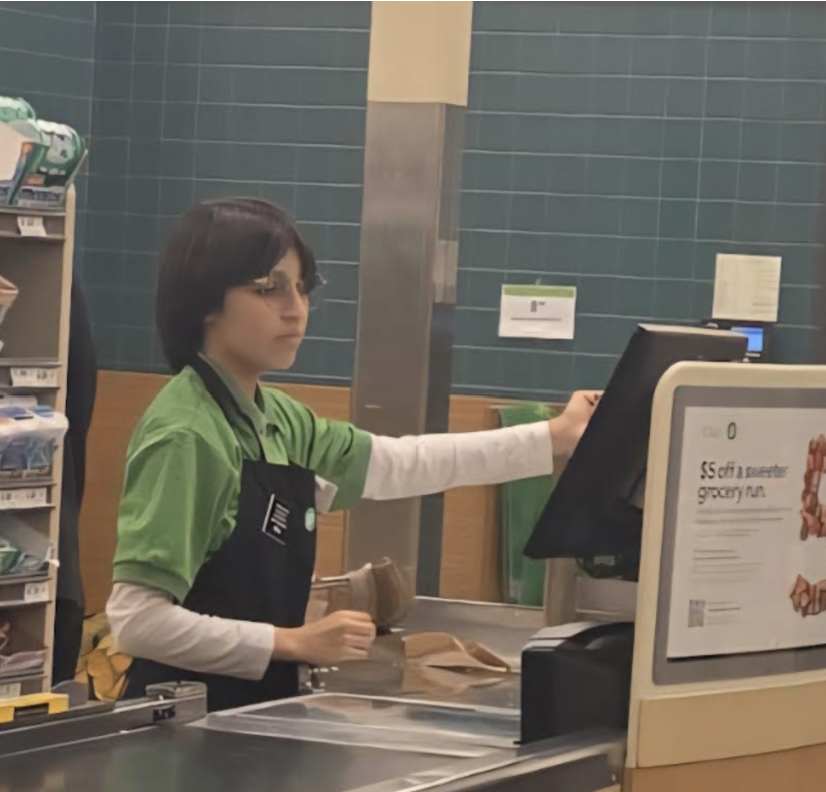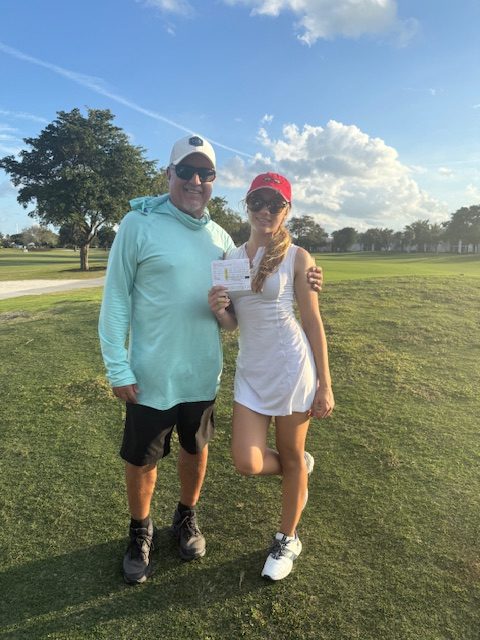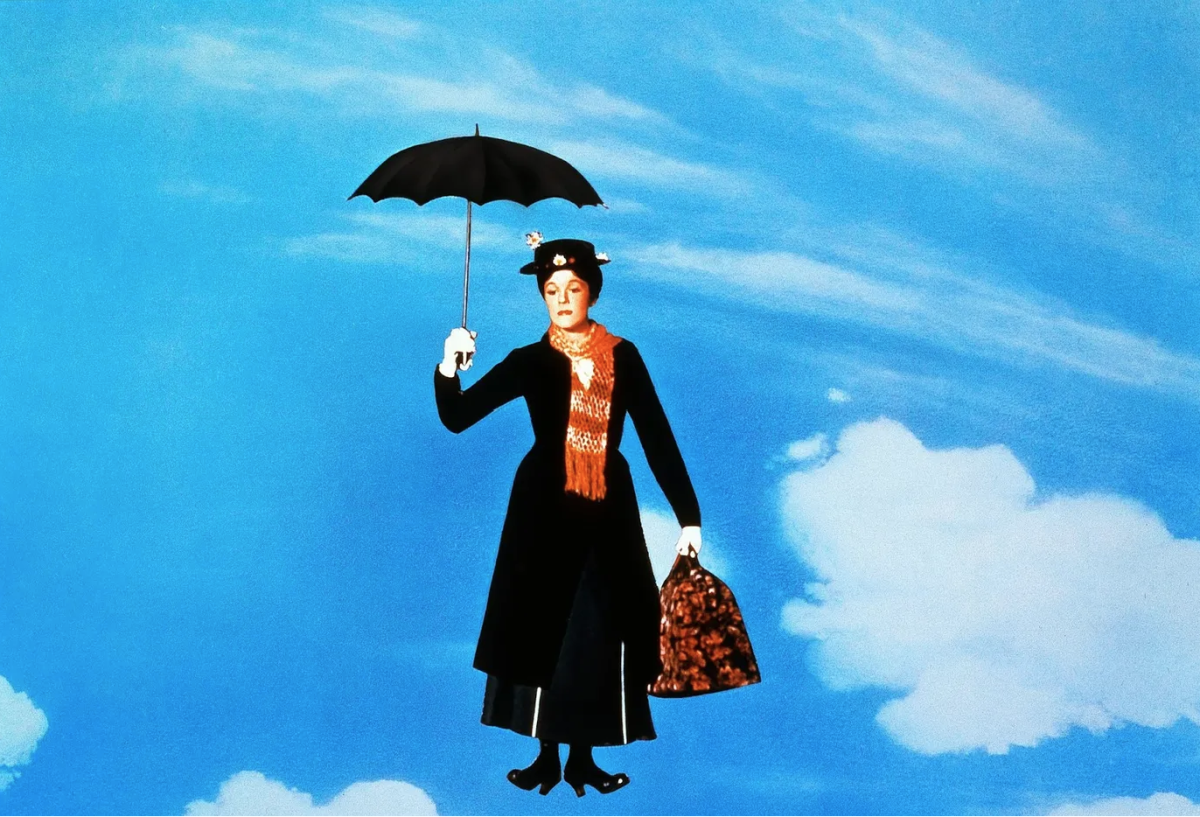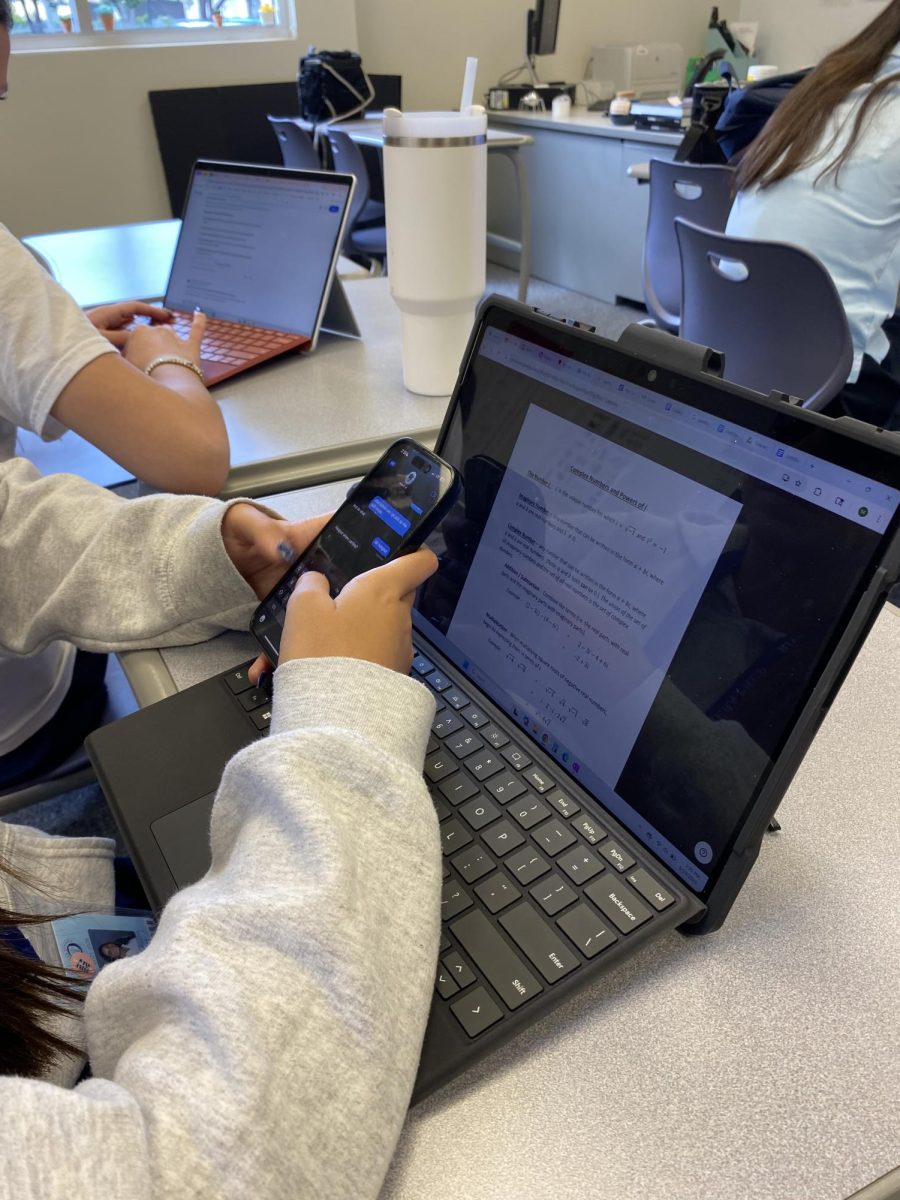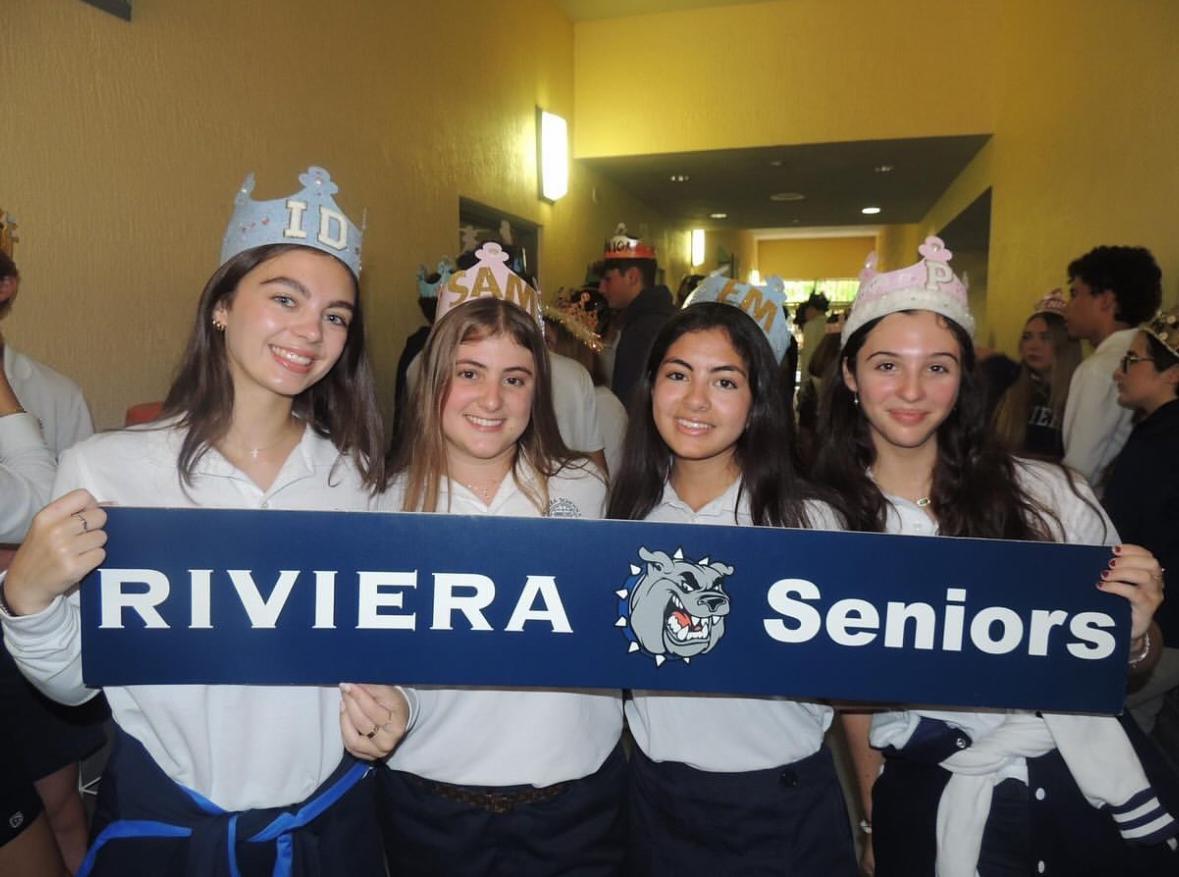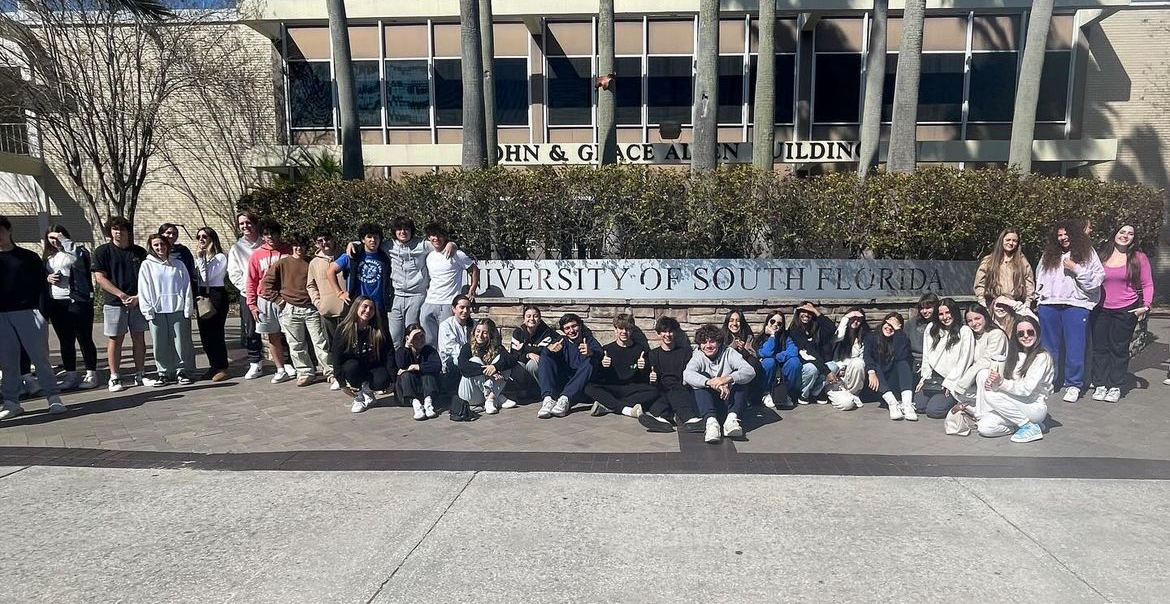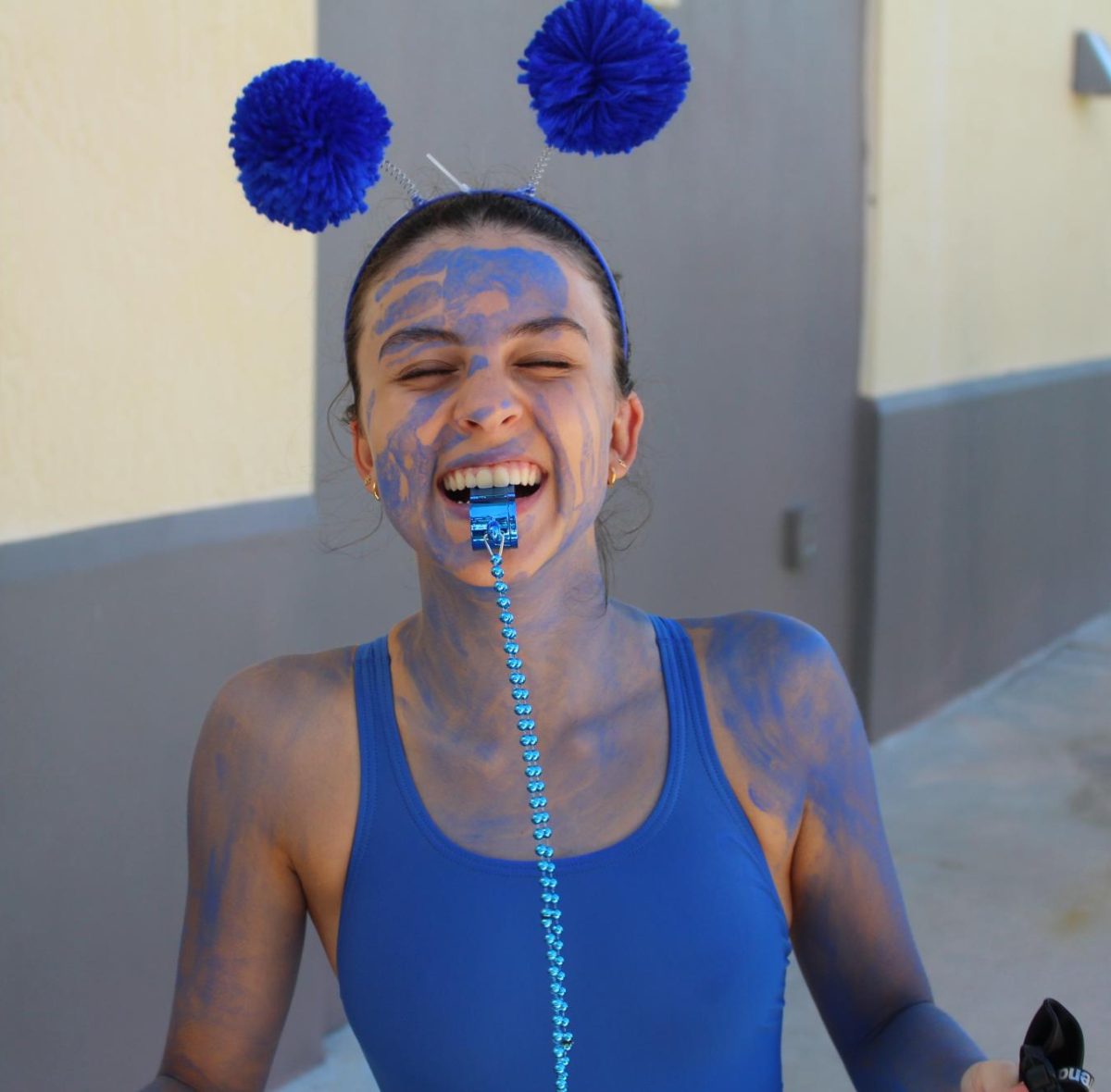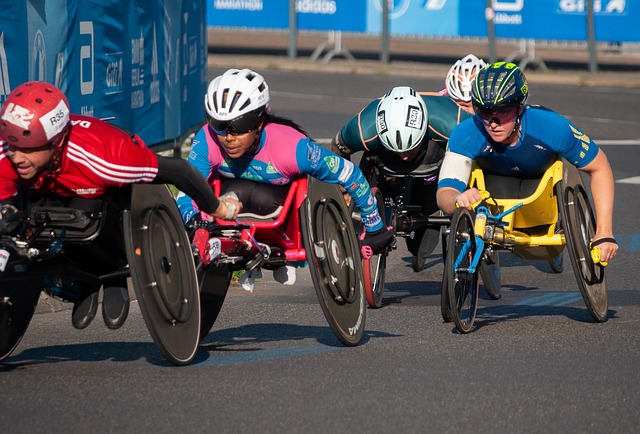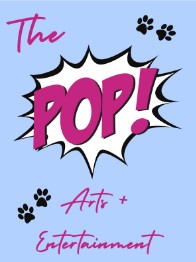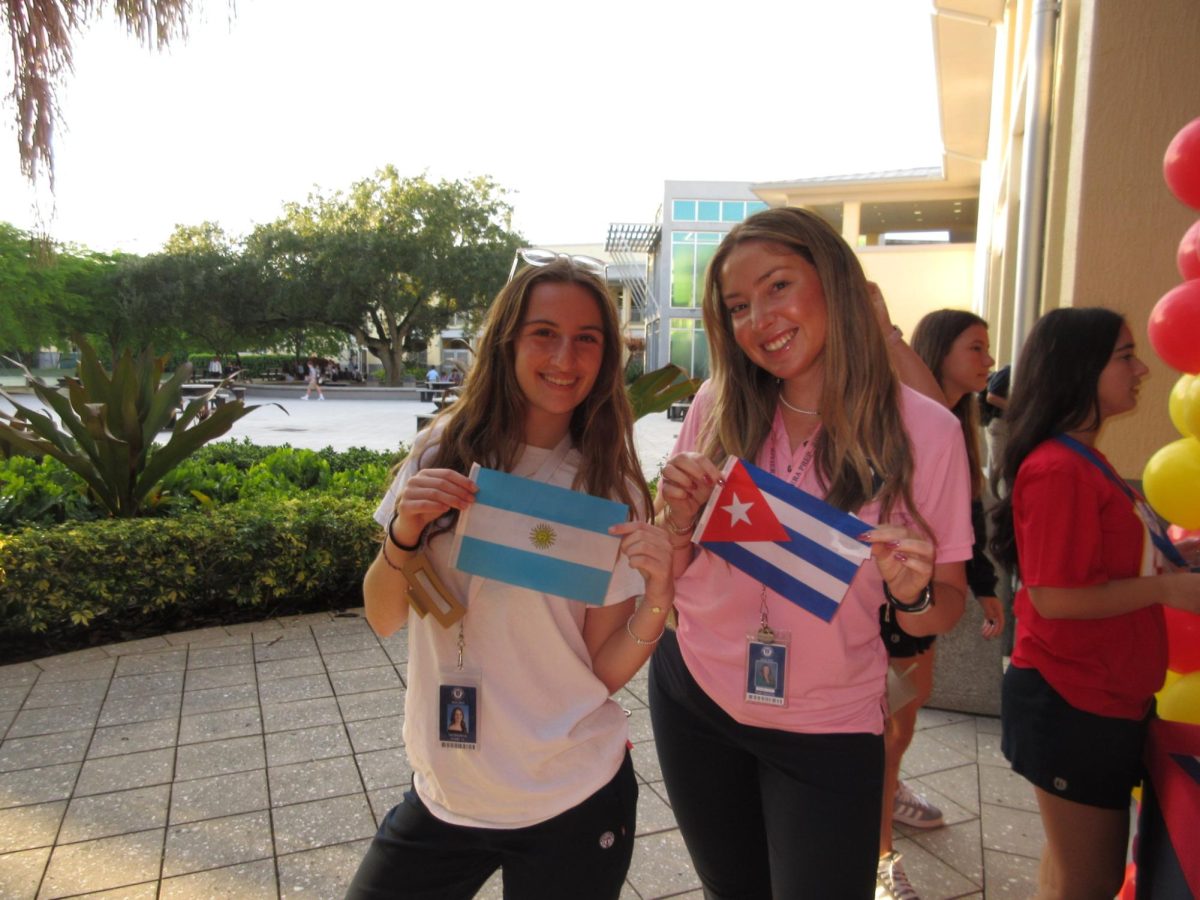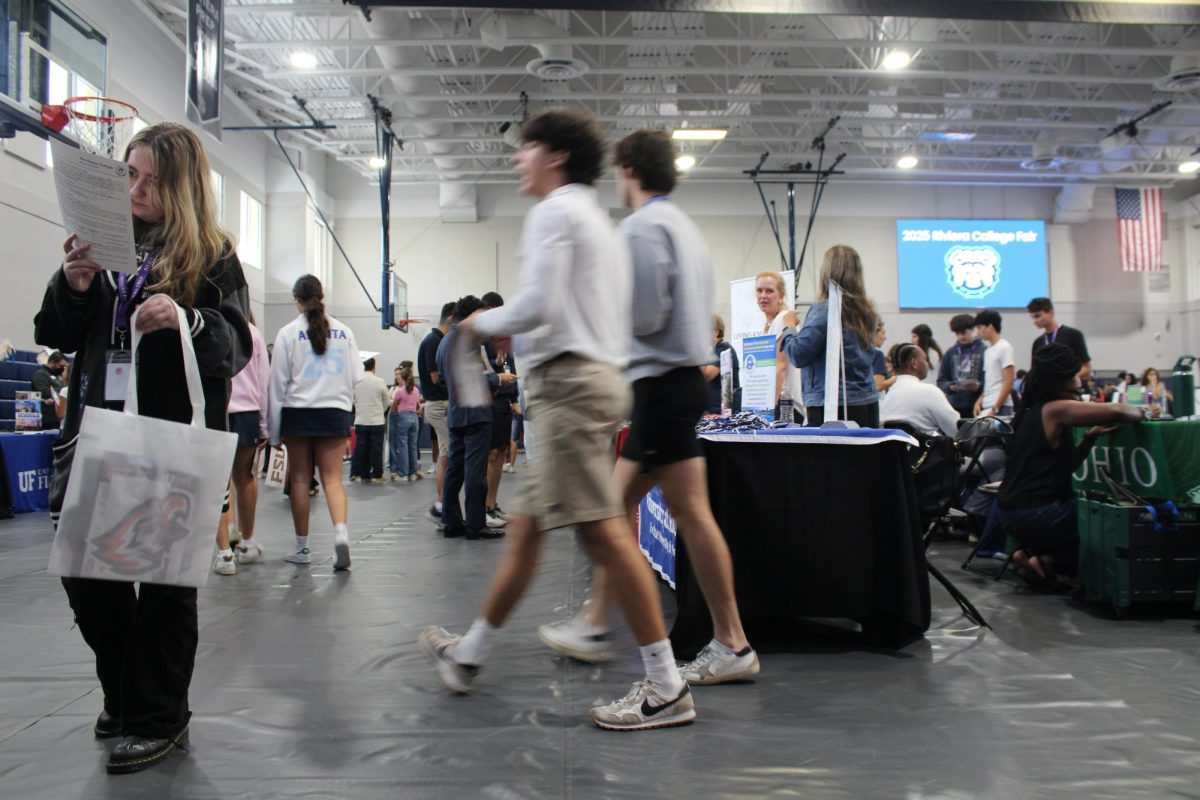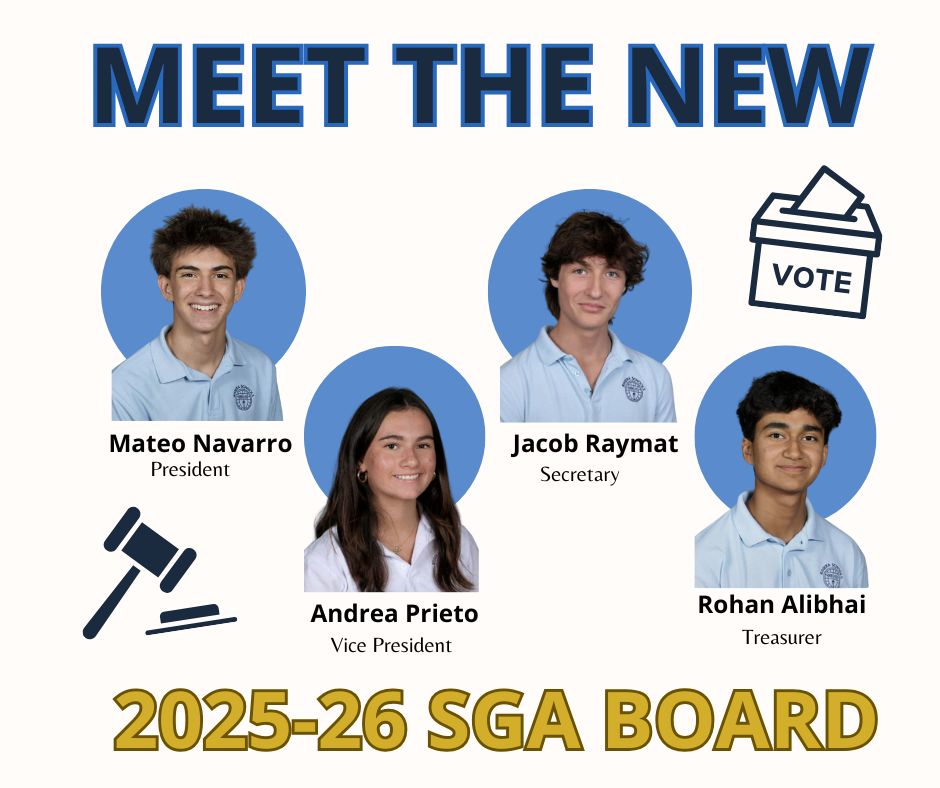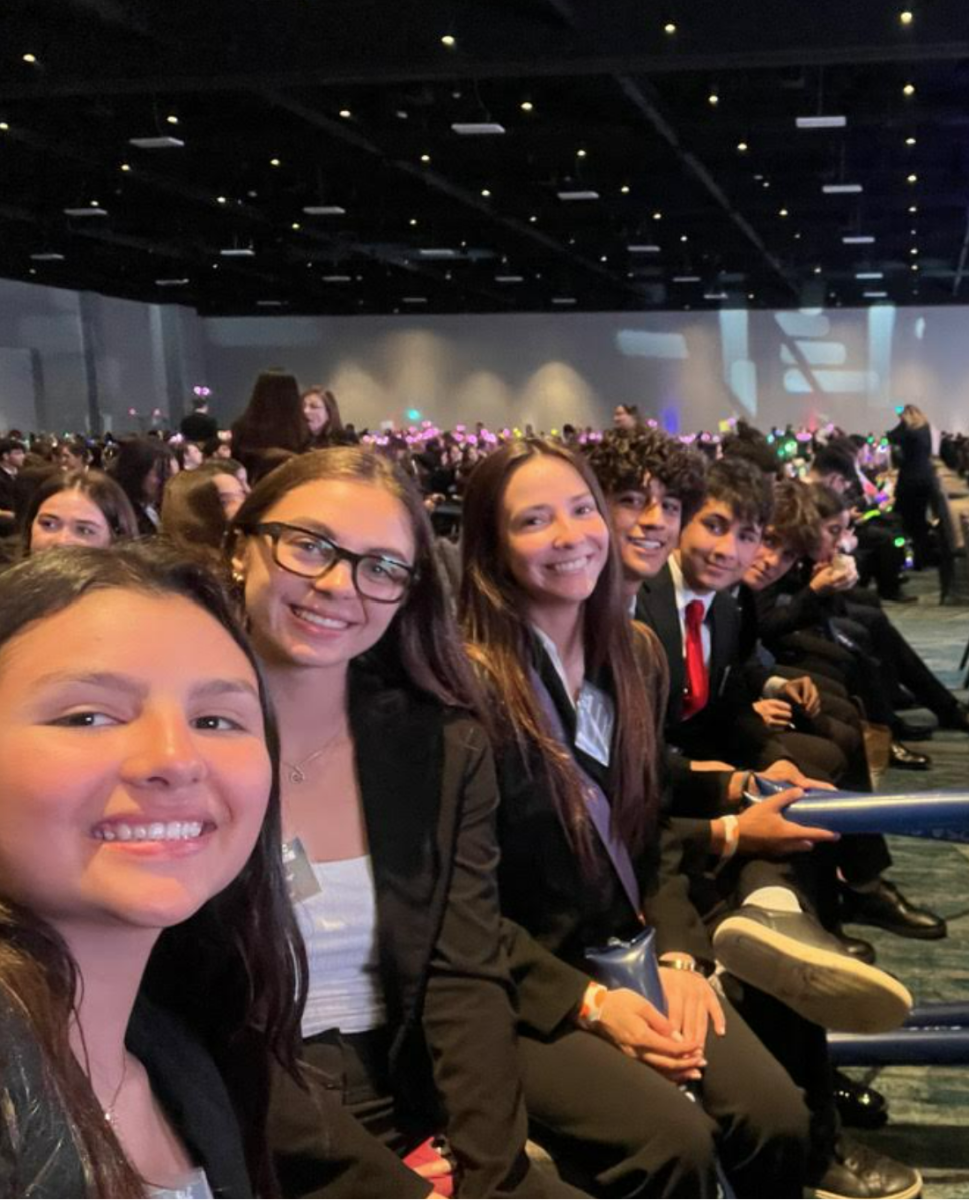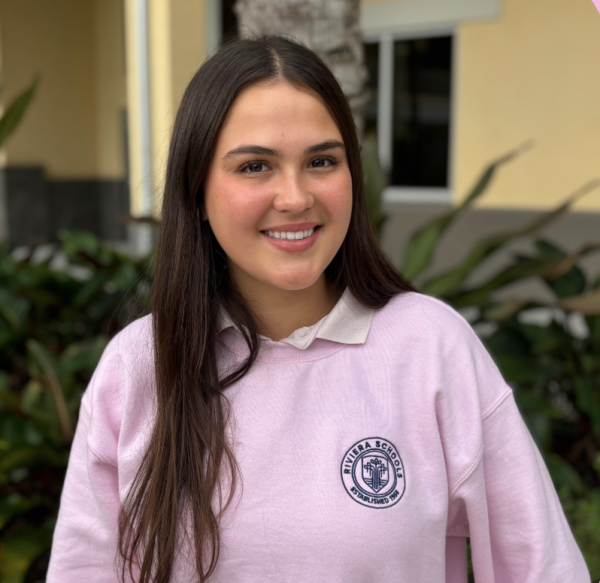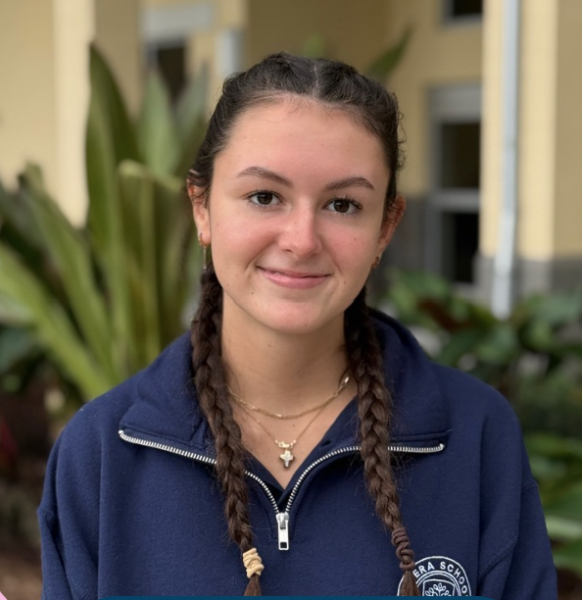In law enforcement, police officers often find themselves at the center of public curiosity. Whether it is a traffic stop or an arrest, people frequently have questions about the police’s role and experiences. This year, we welcomed George Gulla, the new dean of student affairs, who served for 28 years as a police officer with the Miami Police Department and the Doral Police Department. Students submitted questions through a schoolwide survey to learn more about law enforcement and Gulla’s experience.
Many people often wonder why someone would choose a career in law enforcement. The reasons can vary widely, including desires to help the community, make a difference and enjoy stable benefits. Gulla developed an interest in becoming a law enforcement officer at a young age. After experiencing a serious accident when he was 13 years old, he recognized the impact that police officers can have on a person’s life.
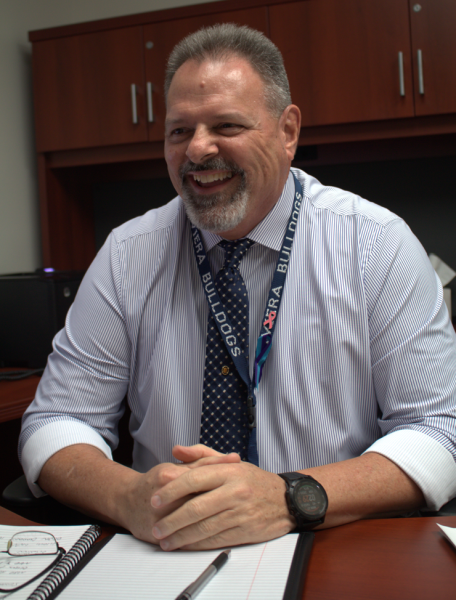
“As I’m lying on the gurney, looking up the back window of the fire rescue truck, I see a police car with lights and a siren come… I just sat there, and I’m like, wow, that guy’s coming for me,” Gulla said.
This realization motivated him to become a police explorer at 14, further fueling his passion for a career in law enforcement.
As a police officer, arrests are part of everyday work. The duty to follow the law often places someone in morally complex situations. For example, an officer might find themselves in a scenario where personal beliefs conflict with professional responsibilities, such as having to arrest someone despite a personal conviction against it. After asking Gulla if he ever had to make an arrest he disagreed with, this is what he had to say.
“No…I’m a very black and white person, and as long as probable cause existed and met the statute limitations, for whatever crime it was, then I was justified in making the arrest,” Gulla said.
Gulla has also used discretion. For example, if a struggling mother were to meet probable cause by stealing diapers for her baby, he would not commit the arrest. “What are we going to gain by that? Technically, she committed a crime; she met the probable cause statute. But I’d rather just buy her the diapers or buy her some food,” Gulla said.
Beyond decision-making, officers also face emotional challenges that test their courage. Police work can be hazardous; officers are constantly placed in high-risk situations. Therefore, many people are curious about how a cop deals with fear. One question that was submitted several times on the survey was, “Aren’t you scared to get hurt?”.
“Yes. Absolutely. Fear keeps you alive.” He emphasized that fear is a crucial survival mechanism. In professions such as law enforcement, fear heightens awareness and can lead to more informed decision-making during critical situations. “If you’re not scared, it makes you lose perspective…you start taking chances.”
Finally, Gulla added that although everyone believes that police work can be for anyone, it truly takes a lot. “When they say anybody can be a cop, it’s not true. It takes a unique person.” You must have a certain mindset to handle the challenging cases that police officers encounter: it will affect you long-term.
After a compilation of questions regarding police work, Gulla answered a few questions concerning stereotypes.
Numerous cliches surround police officers, particularly the one about cops and donuts. He confirmed that the love for donuts is genuine, but there is a reason behind it.
Many years ago, cops patrolled on foot. They did not have radios, so the primary means of communication was through a telephone. The officers who worked night shifts, especially those stationed in the north where it snows, would retreat to the only open place where they could grab a cup of coffee and warm up. “Bakeries opened at 1 o’clock, 2 a.m., so the officers went into the bakery because it was warm. The bakers say, Would you like a donut? That’s the story behind cops and donuts.” Gulla’s favorite donut flavor is the Mojo Donuts red velvet donut.
George Gulla’s insights into his law enforcement career provide a fascinating glimpse into the challenges faced by police officers. His personal experiences remind us that behind the badge lies a commitment to service, understanding and bravery.

